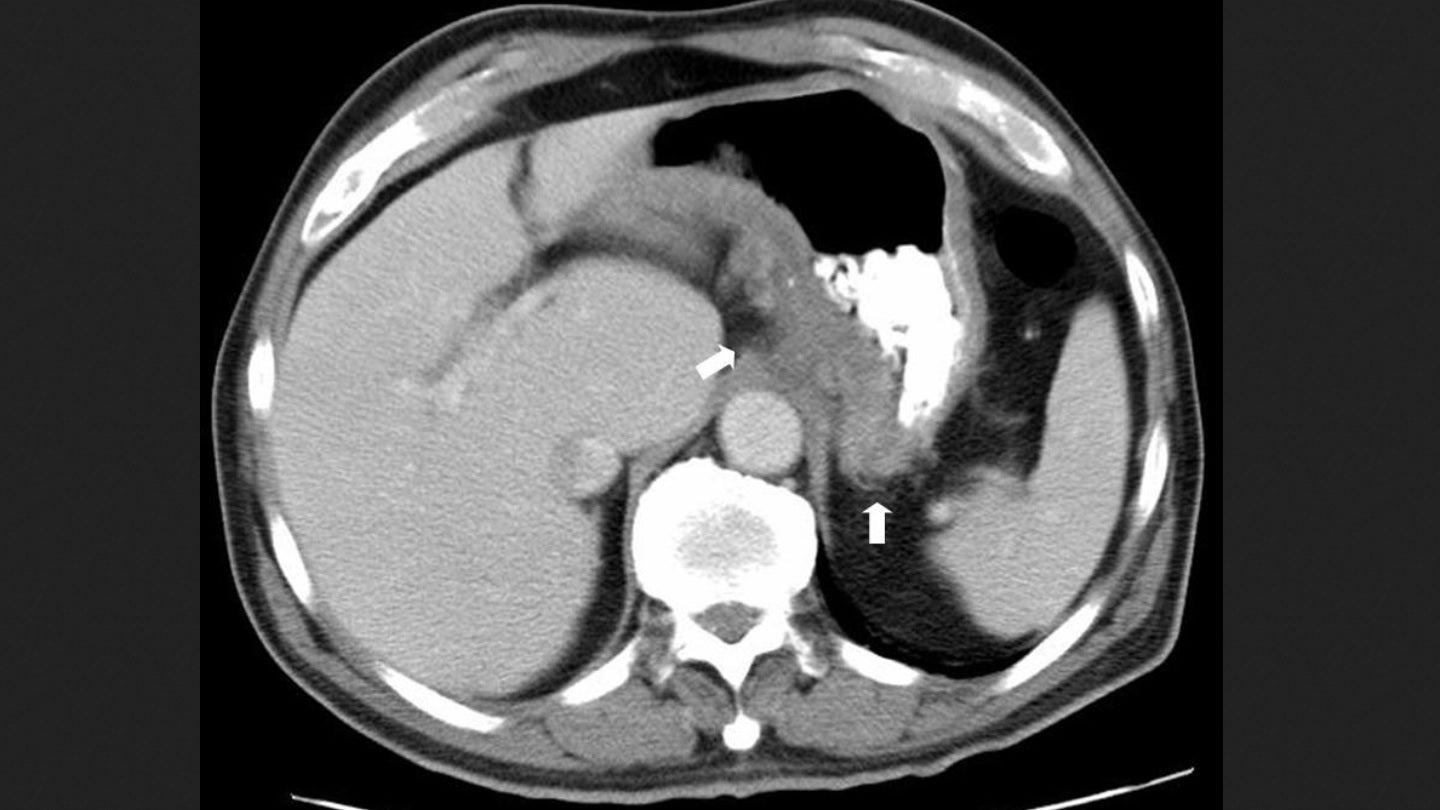
Boomerang Medical has announced the enrolment of the first patients in its US clinical study designed to assess its breakthrough bioelectronic device for inflammatory bowel disease (IBD).
The study will focus on assessing the capability of the nerve stimulation device to treat Crohn’s disease and ulcerative colitis – the two main types of IBD.

Discover B2B Marketing That Performs
Combine business intelligence and editorial excellence to reach engaged professionals across 36 leading media platforms.
Located in Wichita, Kansas Gastroenterology enrolled the first patient for the trial, followed by Columbia University Irving Medical Center in New York.
Kansas Gastroenterology’s Boomerang trial principal investigator Michael Lievens said: “Crohn’s disease and ulcerative colitis remain very difficult to manage despite the numerous approved biologic therapies available.
“The Boomerang clinical trial aims to investigate a novel alternative intervention – a device to treat IBD. We are excited to be investigating this promising new treatment.”
The primary focus of the study is to evaluate the device’s safety and performance in patients with mild to moderate Crohn’s disease and ulcerative colitis, irrespective of whether they have earlier undergone advanced therapy such as biologics.

US Tariffs are shifting - will you react or anticipate?
Don’t let policy changes catch you off guard. Stay proactive with real-time data and expert analysis.
By GlobalDataAt the start of this year, the company secured breakthrough device designation from the US Food and Drug Administration (FDA) for its bioelectronic technology to treat IBD.
Boomerang Medical CEO Heather Simonsen said: “This trial represents a major milestone in our efforts to develop a new therapeutic approach for patients suffering from Crohn’s disease and ulcerative colitis.
“We are grateful for the support of our clinical trial partners and the FDA, and we look forward to advancing this important work.”





